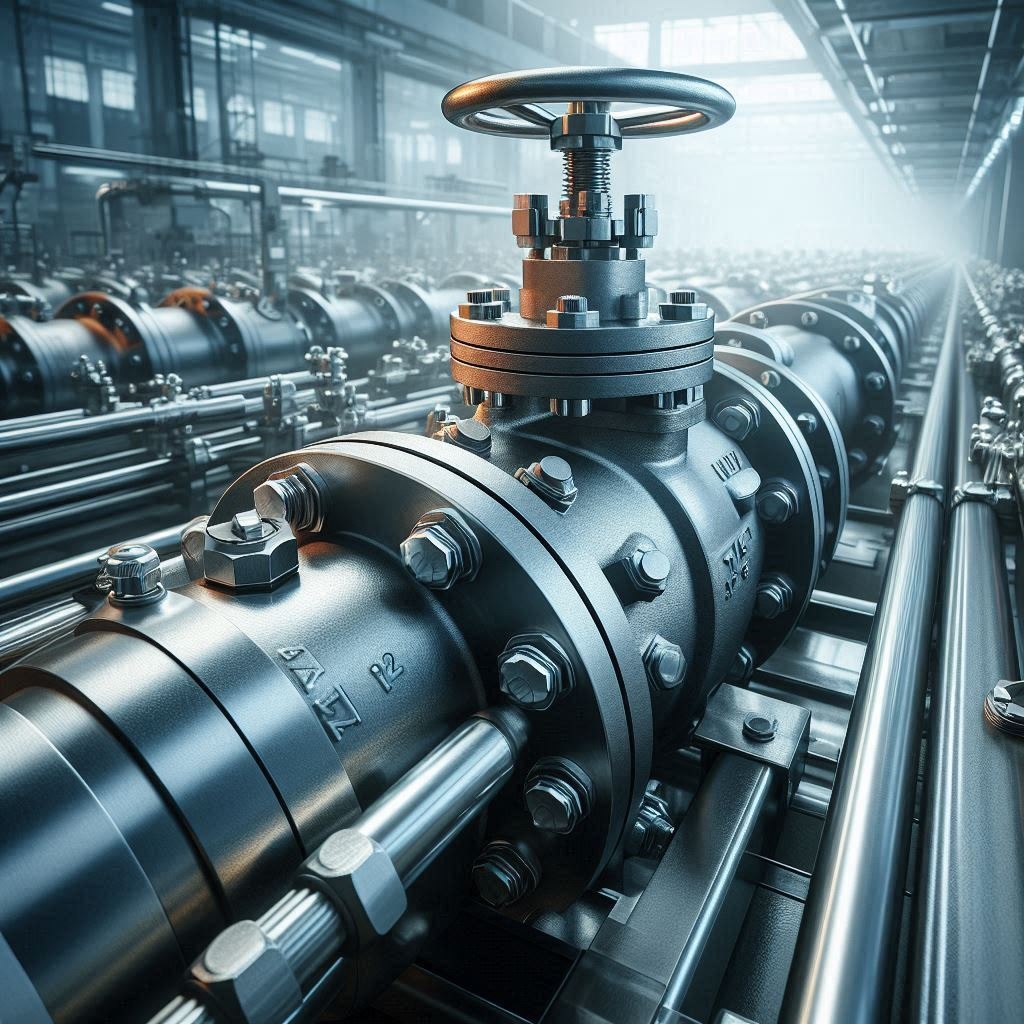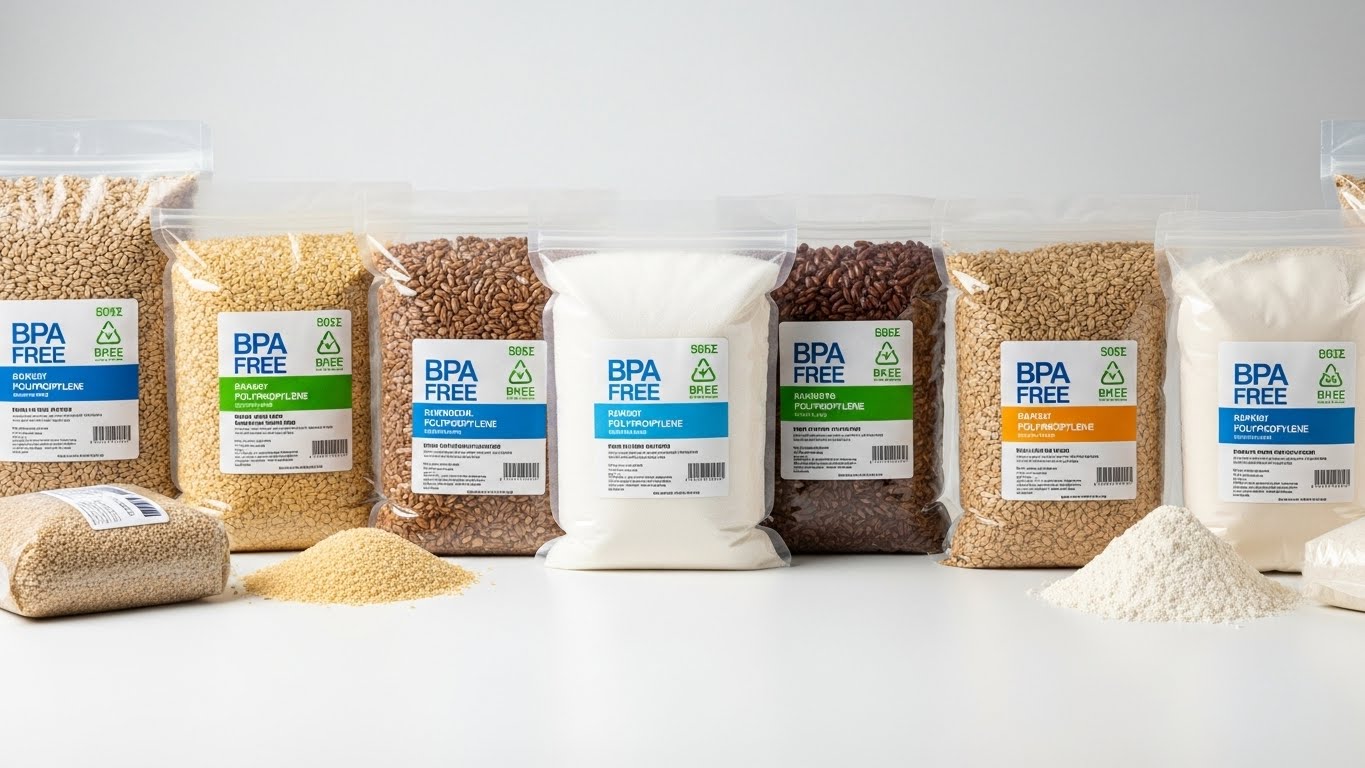Exploring benefits of using steel valves

Steel valves offer a host of benefits that make them indispensable in manufacturing industries where durability, precision, and safety are paramount. Known for their high tensile strength and resistance to extreme temperatures and pressures, steel valves ensure reliable flow control even in the most demanding environments. They exhibit excellent corrosion resistance, particularly when made from stainless or alloy steel, making them suitable for handling chemicals, gases, and abrasive materials. Steel valves also have a longer service life and lower maintenance requirements compared to other materials, reducing downtime and operational costs. Their compatibility with automation and ability to withstand frequent cycling further enhance efficiency and productivity across various manufacturing processes.
How steel valve manufacturer ensure quality control in manufacturing units?
Steel valve manufacturers ensure quality control in their manufacturing units through a combination of advanced technology, strict adherence to international standards, and rigorous testing protocols. The process begins with the selection of certified raw materials, followed by precision machining using CNC equipment to achieve accurate dimensions and tight tolerances. Throughout production, valves undergo multiple inspections—including dimensional checks, hydrostatic and pneumatic pressure tests, and non-destructive testing (NDT) such as radiography, ultrasonic, or dye penetrant methods. Manufacturers also implement quality management systems like ISO 9001 and comply with standards such as API, ANSI, and DIN to guarantee performance, safety, and reliability. Documentation, traceability, and final inspection reports further ensure each valve meets customer and regulatory specifications before dispatch.
Tips for finding the best steel valve manufacturer
Finding the best steel valve manufacturer requires careful consideration of several key factors to ensure quality, reliability, and long-term value. Start by evaluating the manufacturer’s certifications, such as ISO 9001, API, or CE, which indicate compliance with international quality standards. Look into their product range, including valve types, pressure ratings, and material grades, to ensure they meet your specific industrial requirements. Assess their manufacturing capabilities, testing facilities, and track record in serving industries similar to yours. It's also important to consider their ability to provide customization, technical support, and timely delivery. Lastly, check client reviews, references, and after-sales service to ensure you’re partnering with a trustworthy and responsive supplier.




